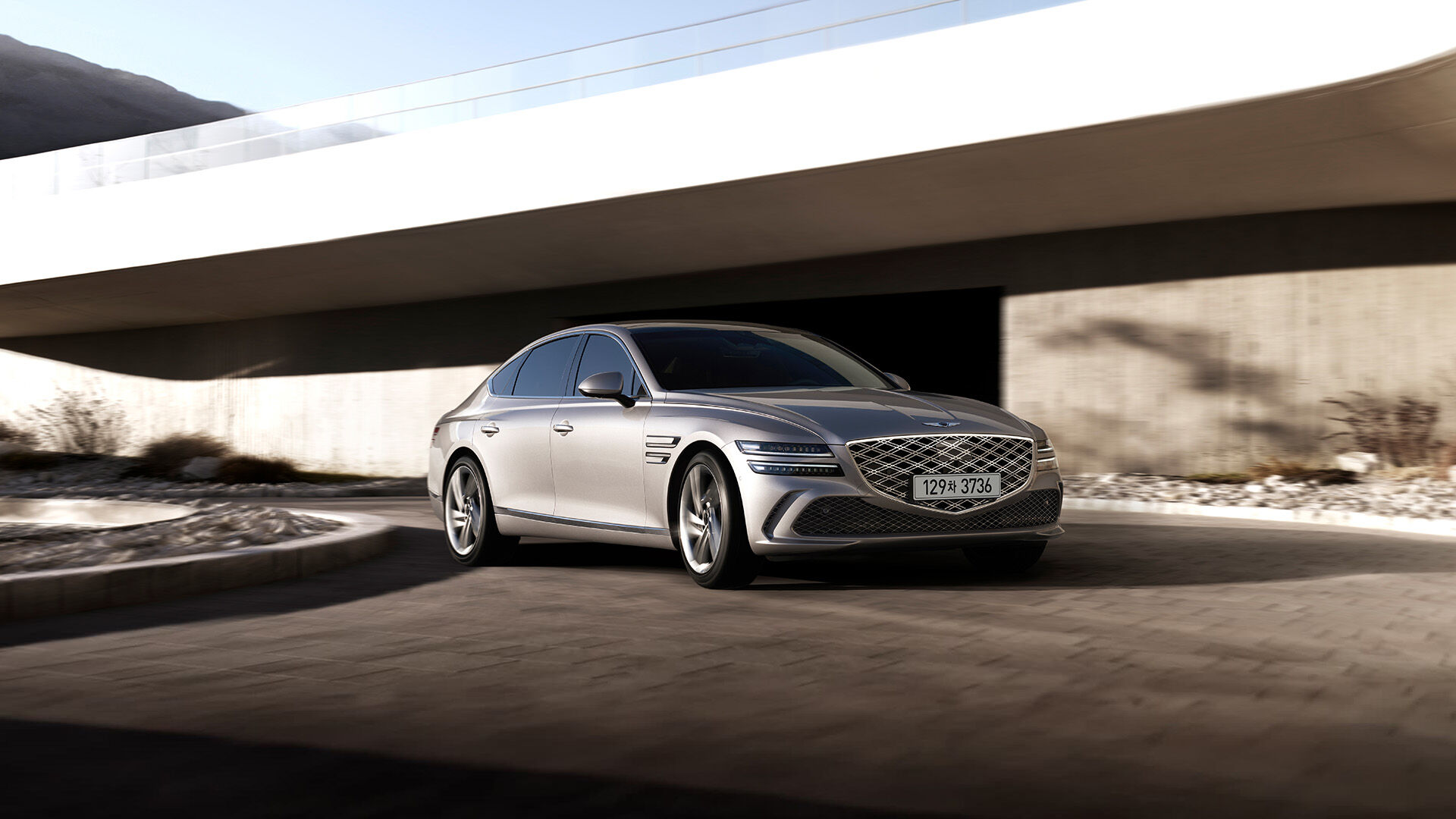Would Life Be Better if You Worked Less?
From part-time hours to four-day workweeks, Americans experiment with living more
Stephen E. Griffith was working up to 80 hours a week. He was frustrated by the bureaucracy of mounting meetings and craved time with family. So in 2021, he left his thriving practice at a Kansas City, Mo., hospital, and decided to work less.
The neurosurgeon now puts in about one-half to two-thirds of the hours he used to, picking up temporary assignments through a medical-staffing agency, sometimes traveling as far as Oregon. He’s still a doctor and still heals people. But he also goes on midmorning jogs with his wife. He drives his kids to music class. He’s taken more vacations in recent months—to Hawaii, Grand Cayman, Mexico—than during entire years of his past life as a hospital-employed physician.
“Time is a currency,” the 47-year-old says. “Gone are the days where you sign on the dotted line and you can be there for just as long as they tell you to be.”
People with all sorts of jobs seem to agree. They’re reconsidering their relationship to work, how much of their time it swallows, and making changes. In February 2023, 21.9 million Americans were working part time voluntarily, up from 20.7 million the prior year. Meanwhile, some participants in a four-day workweek experiment in the U.K. say there is no amount of money that could make them go back. Lawmakers stateside have taken notice, proposing legislation that would cut the standard workweek here to 32 hours.
It’s hard not to look around and wonder: Would my life be better if I worked less?
“You have this sense of, you’ve taken control of your life,” says Kevin Richardson, who works about 25 hours from Monday through Thursday for a small creative agency. “You see the work as part of your life, rather than the centre.”
Newfound freedom
Dr. Richardson shifted to part-time freelance work last year at the behest of his wife, Lindsay King, who was already down to 15 to 20 hours a week. Freed from the cost and stress of finding paid child care, they can swap who’s in charge of their one- and four-year-old boys. They’ve even been able to relocate to international spots for months at a time.
Speaking recently from a house set amid olive and orange groves in Kalamata, Greece, Dr. King told me she can’t see herself returning to full-time work, even when her children are older.
“I would just have many other things I want to do with my life,” she says, citing travel, volunteering, gardening and long-distance running.
Not that it’s picture perfect. The couple hasn’t amassed enough savings to buy a house in Texas, their home base, and they know they work at the whims of the organisations for which they freelance. Their gigs could dry up at any time.
‘Why did we all work five days?’
For plenty of workers, the possibility of putting in fewer hours simply isn’t an option because they need the money—especially amid inflation—or because of the type of jobs they do.
Some people working fewer hours, including Dr. Richardson, told me they make the same money as before. But contractors are on their own for health insurance and miss out on company benefits like paid time off.
Other workers take big pay cuts to shift to part-time hours only to contend with pressure to pop open their laptops on their day off anyway, or find they’re cut off from key company discussions and promotions.
The answer could be entire organisations where everyone’s putting in fewer hours, says Brendan Burchell, a sociology professor at the University of Cambridge who’s studied how work hours affect psychological well-being.
Humans need work to give structure to our days, to bestow purpose and self-esteem, he says. But we don’t need that much of it. A 2019 paper from Prof. Burchell and several co-authors found that people performing one to eight hours of paid work a week got the same mental health boost—less anxiety, less depression—as those who work 44 to 48 hours a week.
In the future, “We’ll look back and think, why did we all work five days?” Prof. Burchell says.
The part-time business model
Employing mostly part-time workers has helped Sam McKenna’s sales-consulting business be nimble and save money.
“We don’t have people who we’re paying 40 hours who only need 20 hours to get their jobs done,” the Washington, D.C.-area resident says. “We don’t pay overly competitive salaries. We don’t have health benefits.”
And yet, job candidates flood the team with inquiries each month, Ms. McKenna says, even when the company doesn’t have openings. Before the pandemic, it was mostly stay-at-home moms, as well as military and expat spouses who would express interest. These days, Ms. McKenna says she hears from high-powered executives at major consulting and financial-services companies who crave meaningful work, but want a slower pace.
Ms. McKenna initially envisioned herself working part time, too. She left her job at LinkedIn to launch the business in late 2019 with a goal of making half the money she had previously, in half the time she used to spend working.
“I wanted balance,” she says. But as clients kept coming, she swiftly ramped up to 60 hours a week. Keeping up with demand took, well, more work. “You can only do so much part-time.”
Peak performance
Many have found their long hours give diminishing returns.
A full-time employee earlier in her career, environmental engineer Megan Neiderhiser remembers loitering by the water cooler, chatting with colleagues. Now, working 30 hours a week, but aiming for the same revenue targets as her full-time colleagues, she bookmarks every hour for specific goals and doesn’t waste her 40-person team’s time with excess meetings.
Fridays are for yoga classes and playing with her kids, affording her time to think and relax. The Salt Lake City resident says she has better ideas and a better attitude come Monday.
“I’m just convinced,” she says, “this is my top performance.”
 Copyright 2020, Dow Jones & Company, Inc. All Rights Reserved Worldwide. LEARN MORE
Copyright 2020, Dow Jones & Company, Inc. All Rights Reserved Worldwide. LEARN MORE
Chris Dixon, a partner who led the charge, says he has a ‘very long-term horizon’
Americans now think they need at least $1.25 million for retirement, a 20% increase from a year ago, according to a survey by Northwestern Mutual
The G80 Sport makes its entrance, displaying dynamic design details and elevated automative capabilities.
Juma Al Majid LLC, the exclusive dealer for Genesis in the UAE, has launched the G80 – a cutting-edge luxury sedan. Merging tradition with innovation, this model embodies Genesis‘ relentless pursuit of superior design, state-of-the-art technology, and unmatched luxury.
The new G80 marks a significant milestone in introducing Korean automotive excellence to the UAE, highlighting the brand’s commitment to providing exceptional experiences.
Meticulously crafted, the redesigned G80 adheres to the ‘Athletic Elegance’ design philosophy synonymous with Genesis. This luxury vehicle features refined details and cutting-edge specifications, combining comfort and style to elevate every driving experience to new heights.
“The debut of the all-new G80 in the UAE market propels our vision to converge advanced technology and refined elegance”, stated Suliman Al Zaben, Director of Genesis, UAE. “This launch is a step forward for Genesis in the UAE market and strengthens our efforts to offer ultimate luxury, innovation, and unique design to our incisive customer base.”
With a new dual-mesh design, the G80’s exterior enhances the sophisticated appearance of the Two-Line Crest Grille, paired with iconic Two-Line headlamps featuring Micro Lens Array (MLA) technology. This highlights Genesis’ commitment to harmonizing advanced technology with elegant design. The five 20-inch double-spoke wheels exude a dynamic aesthetic, resembling sleek aircraft lines, complementing the car’s parabolic side profile. Rear diffusers conceal mufflers adorned with distinctive V-shaped chrome trim inspired by the Crest Grille, embodying an eco-conscious ethos in today’s technology-driven era.

The G80 reinforces Genesis’ design philosophy in its interiors, inspired by the uniquely Korean concept of the Beauty of White Space, integrated with state-of-the-art technology to create cosmetic brilliance for users. The 27-inch-wide OLED display seamlessly combines the cluster and AVN (Audio, Video, Navigation) screen in a horizontal layout, extending to the center fascia, showcasing its flair for innovative technology. The touch-based HVAC (Heating, Ventilation, and Air Conditioning) system offers ease of control, while the redesigned crystal-like Shift By Wire (SBW) ensures a comfortable grip, infusing a sense of luxurious convenience.
With its dual-layered Crest Grille and expanded air intakes, the G80 Sport package delivers a dynamic and sporty spirit. Exclusive interior options, such as a D-cut steering wheel and carbon accents, enhance its sporty allure. Equipped with Rear Wheel Steering (RWS) and Electronic Limited Slip Differential (E-LSD), the G80 Sport 3.5 twin turbo model is built for stable control during high-speed maneuvers.
Fitted with advanced safety and convenience features, this luxury sedan includes Remote Smart Parking Assist 2, Lane Following Assist 2, and a Fingerprint Authentication System. The three-zone HVAC system provides customized climate control for all passengers. With two powertrain options – a 2.5 turbo engine delivering 300 horsepower and 43.0 kgf·m of torque, and a 3.5 twin turbo engine producing 375 horsepower and 54.0 kgf·m of torque – superior driving dynamics ensure a silent and luxurious driving experience.

Chris Dixon, a partner who led the charge, says he has a ‘very long-term horizon’
Americans now think they need at least $1.25 million for retirement, a 20% increase from a year ago, according to a survey by Northwestern Mutual




















